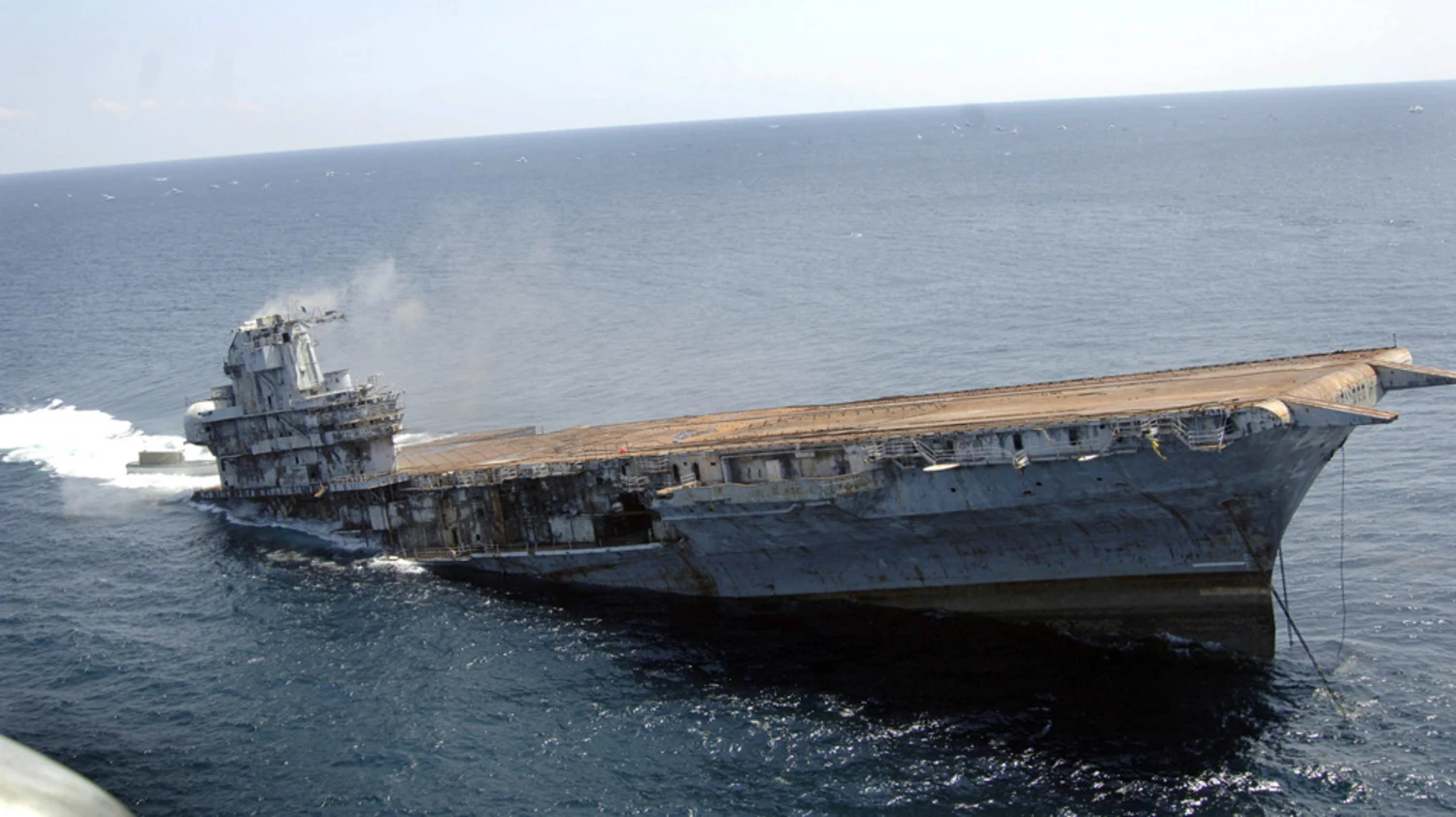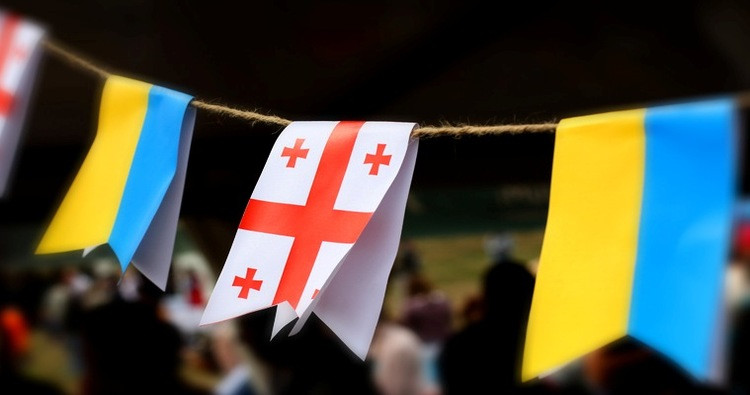From the very beginning of the war in Ukraine, it was difficult for the whole world to imagine what courage, courage, patriotism, and desire for freedom the Ukrainian people have. Although the strategy of the Russian aggressors was to capture Kyiv within 72 hours after the invasion of Ukraine, and according to American experts, it should have taken 96 hours for the occupiers, Ukraine has achieved success and continues to fight for independence and national values for 4x days.
Thanks to their incredible courage and patriotism, they are able to repulse the enemy, and return objects of strategic importance, often at the cost of their own lives delaying or slowing down the advance of the Russian invaders. Beyond the perseverance and heroism of the Ukrainian people, we see the impact of effective leadership.
Every person has the potential to become a hero, and we see this every day in the example of Ukrainians. It is also important to note that in a crisis situation in the minds of every person there is a constant struggle between fear and courage, and in this case, the greatest importance is attached to leaders, i.e. people who show initiative and do not surrender to the enemy, fighting for their freedom and, in this case, their country. We can say that it was President Volodymyr Zelensky who turned out to be such a courageous and unshakable leader, who ignited in the Ukrainian people the desire and attitude to fight for freedom and the defense of the Motherland. In addition, regardless of our origin, social status, or any other data, watching the ongoing events, each of us is convinced that anyone has the opportunity to become a true leader.
Given the current situation, it is noteworthy that business industry leaders can see many interesting and useful insights in Zelensky's leadership style. If you observe Zelensky's actions during the hostilities, you can identify the characteristics of his leadership effectiveness, which strengthens the Ukrainian people and, despite the victims, does not reduce the fighting spirit.
Together with citizens for freedom
After the escalation of the situation, Zelensky’s negative response to the proposal to leave the country for security reasons became one of the cornerstones of the Ukrainian spirit. The President addressed the West with the following words: “The battle is going on here [in Kyiv]; I need ammunition, not help to escape" ["the fight is here [in Kyiv]; I need ammunition, not a ride" (source)]. It was a great opportunity to inspire others by your example. After all, the leader, inspiring his own courage, inspire others to show courage. It is clear that his attention is not focused on fear and fueling his own ego, but on strengthening the capabilities of Ukrainians.
Simple and effective communication
Amid misunderstandings and misinformation by Russian propaganda, Zelensky and his team are actively trying to stop any attempts at speculation and deliberate misrepresentation of people, as Russian leaders are constantly trying to bring confusion and chaos into society. The President of Ukraine and members of the government team are broadcasting live from the streets of different cities in order to directly inform citizens about what is really happening. Thus, they call on the citizens of their country to show courage and show their support and support not only in words but also in deeds. And they point out to the enemy that no one is going to run away from the front line, because not imperial goals are at stake, but the democratic state of Ukrainians.
The form of communication between Zelensky and his team is also characterized by a very direct, constructive, and leitmotiv style in the international arena. Whether it is online participation in parliamentary meetings of different countries, speeches at the summits of international organizations or just being active - the fact that the Ukrainian government team is well aware of the importance of strategic communication and is actively spreading the message - Ukraine will not stop fighting Russian aggression.
Empathy and authenticity
It is important for leaders to show empathy and perceive the emotions of other people. One only needs to listen to one speech to notice Zelensky's charismatic manner of speech and emotional words, which are even more acutely perceived in the crisis situation Ukraine is currently in as a result of the actions of Russian imperialism.
Despite the seriousness of the situation, President Zelensky retains his face, and remains authentic in any situation without any show or formality - whether it is a briefing with journalists, a speech in a military T-shirt at international summits, or a harmless joke about the phone calls he wants. He simply shows the Ukrainian people and the whole world that he is an ordinary person and experiences the usual emotions for everyone, which echoes with any person and also causes an emotional connection.
It is clear that this is not a complete picture and description of what leadership qualities Vladimir Zelensky showed, and much more can be said. However, for today's business leaders, you can really see interesting and powerful insights. Using the example of Ukraine, we can conclude that the charisma of leaders attracts attention, their courage is admired, and their dedication and perseverance inspire people to fight for their ideals and values. It is also clear that people support leaders who fight for them, but make sacrifices for the leaders who serve them.






